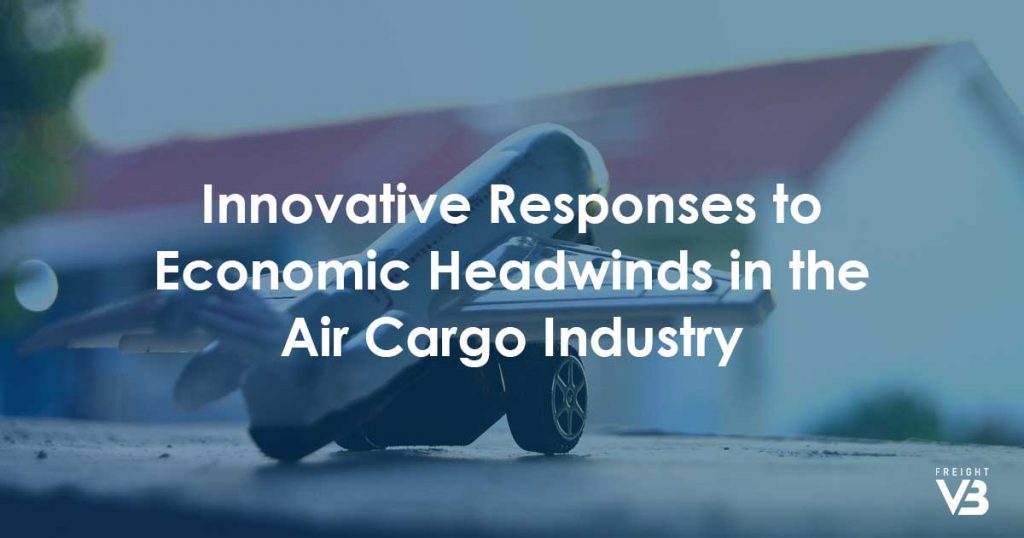Key Takeaway Points
- The air cargo industry needs innovative solutions to overcome challenges and opportunities.
- Technological advancements such as AI, blockchain, and IoT are transforming the logistics industry.
- Implementing advanced technology and sustainable transportation can enhance efficiency and customer experience.
- Financial constraints, customs regulations, and cyber risks pose challenges to innovative efforts.
- Collaboration with industry leaders and embracing innovation can lead to a more sustainable and competitive industry.

Air Cargo is Embracing Innovation to Overcome Industry Challenges and Opportunities
Air cargo is a critical component of global trade and logistics, with a projected annual growth rate of 4.1% over the next decade. Innovative solutions are needed to address the challenges and opportunities presented by this dynamic industry.
Transforming the logistics industry in the age of technology
The logistics industry faces challenges such as rising fuel costs, changing trade policies, and supply chain disruptions. Technological advancements such as artificial intelligence, blockchain, and the Internet of Things are transforming the industry.
Innovative Approaches for Air Cargo
The looming global recession has changed the market, but by investing in brand building and innovation, air cargo companies can streamline operational costs and improve efficiency to take advantage of new opportunities. To be successful during a global recession, Forbes argues that it is important to research and understand the changes in the market. This helps to create new business opportunities, whilst contributing to sustainability This will help to ensure short-term stability and long-term success.
Industry leaders are implementing advanced technology to enhance efficiency, safety, and customer experience. Sustainable transportation methods such as electric and hydrogen-powered vehicles are being adopted to reduce carbon emissions. Customer-centric solutions such as real-time tracking and streamlined customs clearance are being developed to improve transparency and speed. Collaboration with industry leaders such as UPS and DHL is leading to innovative solutions such as drone delivery and autonomous vehicles.
Potential Benefits for Air Freight
Innovative solutions can lead to increased efficiency and cost savings, reduced carbon footprint, enhanced customer experience, and competitive advantage.
Logistical Challenges and Risks
The World Bank warned of a potential “lost decade” for the global economy if policymakers fail to boost investment, productivity and labour supply to reverse the expected slowdown in gross domestic product growth. The average potential GDP low growth is predicted to slump to 2.2% per year until 2030, the lowest in three decades, unless action is taken.
Financial constraints due to the recession and regulatory hurdles such as customs regulations and trade policies pose risks to the industry’s innovative efforts. Resistance to change and logistical technological risks such as cyberattacks and system failures must also be addressed.
Conclusion
Innovative solutions are critical to the success of the air cargo industry in the face of economic headwinds. The adoption of advanced technology, sustainable transportation methods, and customer-centric solutions can lead to increased efficiency, reduced costs, and improved customer experience. Collaboration with industry leaders and a call to action for other players to embrace innovation can lead to a more sustainable and competitive industry.


